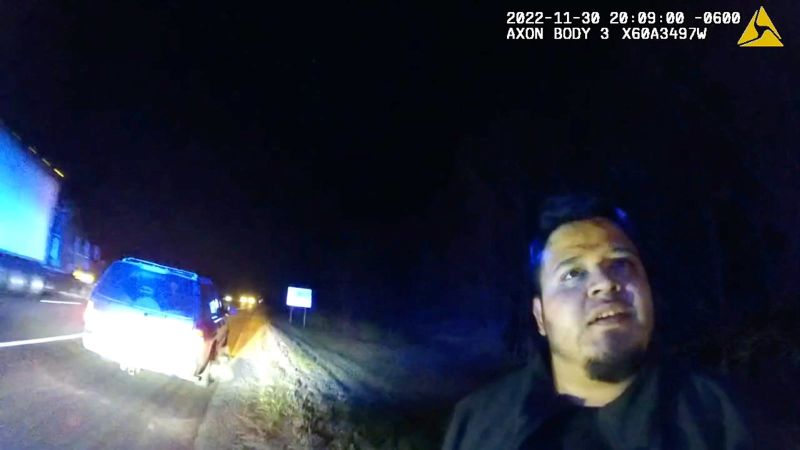Dashcam Footage Reveals Tense Moments: Abrego Garcia's Traffic Stop Sparks Controversy

Tennessee law enforcement has unveiled dramatic footage from a 2022 traffic stop involving Kilmar Abrego Garcia, an incident that has become central to a controversial deportation case. The video release comes amid growing scrutiny over the Trump administration's handling of Garcia's removal to El Salvador, a deportation that federal authorities have now acknowledged was a grave mistake.
The newly released video provides critical context to Garcia's case, which has drawn national attention to issues of immigration enforcement and potential administrative errors. Officials have confirmed that Garcia, a Maryland resident, was wrongfully deported in March, sparking intense debate about due process and immigration procedures.
The traffic stop video serves as a pivotal piece of evidence that Trump administration officials have cited in discussions surrounding Garcia's deportation, highlighting the complex legal and bureaucratic challenges in immigration enforcement. As the story continues to unfold, questions remain about how such an erroneous deportation could have occurred and what steps will be taken to address the situation.
